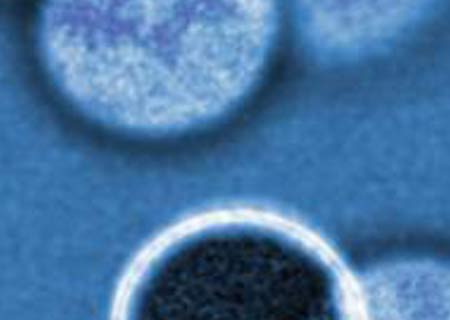Huntington’s disease is characterized by movement abnormalities including fidgety and anxious behaviors. Now, a study by Cancer Research UK professionals has revealed that diseases like Huntington’s which fall into the category of polyglutamine (polyQ) may reduce the risk of cancer.
This is primarily because genetic mechanisms shared by such diseases have a protective attribute against cancer. Some other conditions included in the aforementioned class of diseases are dentatorubral and pallidoluysian atrophy, six types of spinocerebellar ataxia as well as spinobulbar muscular atrophy (SBMA).
The authors cited, “Our findings suggest a common mechanism in patients with polyQ diseases that protects against the development of cancer, and expansion of the polyglutamine tracts seems likely. Future studies should investigate the specific biological mechanisms underlying the reduced cancer risk in patients with polyQ diseases.”
In the trial, almost 1,510 Huntington’s disease patients, about 471 suffering from SBMA and almost 3,425 with an inherited form of ataxia were examined for a span of 50 years. The results showed that patients of Huntington’s were seemingly 53% less prone to developing cancer, while in case of SBMA the risk factor was 35% lower.
However, the investigators mentioned that further studies are required to precisely gauge the underlying genetic mechanism guarding against cancer. The report titled, ‘Cancer incidence in patients with polyglutamine diseases: a population-based study in Sweden’ is published in the journal, Lancet Oncology.

